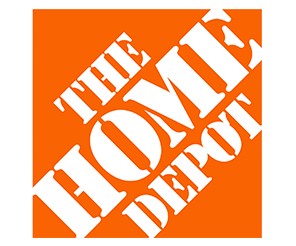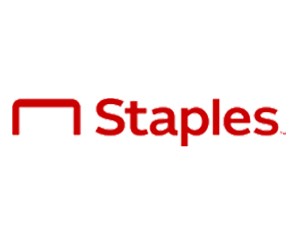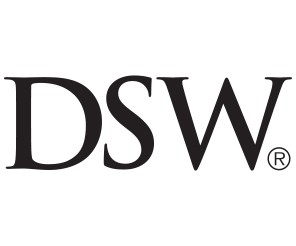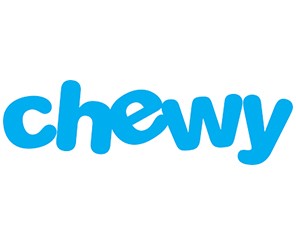US Markets Loading...
h
m
s
SCOTUS asks Trump's lawyer whether a president would have immunity after ordering assassination of political rival
Trump's lawyers are arguing in front of the Supreme Court that presidential immunity protects him from criminal prosecution.
Millennials are suddenly rich
It turns out that, after killing off brands and choosing avocado toast over homeownership, millennials are getting wealthy.
You can get a crazy good deal on a used Tesla from Hertz right now — but know these risks
A slew of supercheap Teslas newly listed on Hertz's website as low as $20,000 might be too good to be true.
Meta's AI is now in your Instagram and Facebook. Here's what it does — and whether you can turn it off
Meta's AI is now live on its social media apps like Instagram and WhatsApp. Here's what it does, and what it doesn't — like turning off.
Video
New Episodes This Week
After working in the food industry for years, here are 7 things I wouldn't buy at Trader Joe's — and what I'd get instead
I've spent years as a line cook and food reporter. There are some things I'd never buy at Trader Joe's but there are others I love instead.
A couple that grew their portfolio by $4 million in 11 years explain how they invest their money, including the individual stocks they own
Before Carl and Mindy Jensen discovered the FIRE movement, they didn't know what index funds were. Now, it's a core part of their investing strategy.
Walmart's CEO, who started on the company's loading docks, shares 3 tips for how to move up the corporate ladder
Walmart CEO Doug McMillon started at the company 40 years ago earning $6.50 an hour on the loading docks. He shared his career tips with Stratechery.
I visited Aspen, the most expensive vacation destination in America, for the first time. Here are 13 things that surprised me.
Business Insider's reporter expected Aspen, Colorado, to be expensive but didn't realize how pricey everyday things like coffee and dog food would be.





